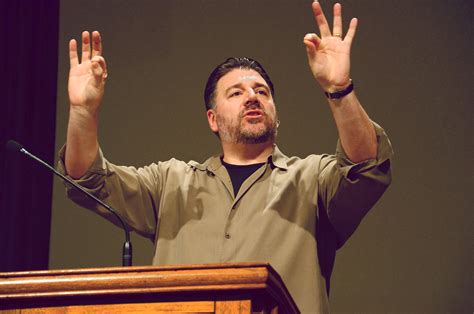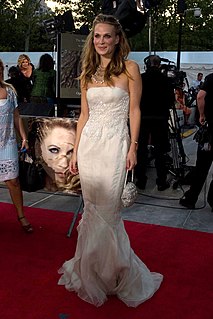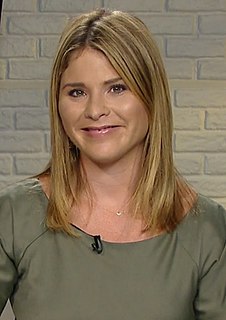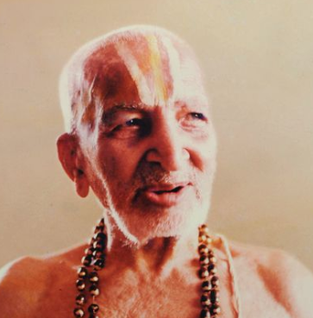A Quote by Rafe Esquith
I want my students to love to read. Reading is not a subject. Reading is a foundation of life, an activity that people who are engaged with the world do all the time
Related Quotes
By believing that only some of our students will ever develop a love of books and reading, we ignore those who do not fall into books and reading on their own. We renege on our responsibility to teach students how to become self-actualized readers. We are selling our students short by believing that reading is a talent and that lifelong reading behaviors cannot be taught.
The great opposition to reading is what I allow to fill my time instead of reading. To say we have no time to read is not really true; we simply have chosen to use our time for other things, or have allowed our time to be filled to the exclusion of reading. So don't add reading to your to-do list. Just stop doing the things that keep you from doing it. But read.
I never need to find time to read. When people say to me, ‘Oh, yeah, I love reading. I would love to read, but I just don’t have time,’ I’m thinking, ‘How can you not have time?’ I read when I’m drying my hair. I read in the bath. I read when I’m sitting in the bathroom. Pretty much anywhere I can do the job one-handed, I read.
We have an obligation to read aloud to our children. To read them things they enjoy. To read to them stories we are already tired of. To do the voices, to make it interesting, and not to stop reading to them just because they learn to read to themselves. Use reading-aloud time as bonding time, as time when no phones are being checked, when the distractions of the world are put aside.
I suppose I could read more fiction, but I haven't moved in that direction. I'd like more time even though I spend six hours a day reading. People say their eyes get tired, but I've never experienced that. In college I used to read 10 hours a day. My wife says I'm obsessive compulsive. She might have a point because when I was an undergrad student we had the required reading list and the suggested reading list. I always read all the suggested reading too.
I think the act of reading imbues the reader with a sensitivity toward the outside world that people who don't read can sometimes lack. I know it seems like a contradiction in terms; after all reading is such a solitary, internalizing act that it appears to represent a disengagement from day-to-day life. But reading, and particularly the reading of fiction, encourages us to view the world in new and challenging ways...It allows us to inhabit the consciousness of another which is a precursor to empathy, and empathy is, for me, one of the marks of a decent human being.






































